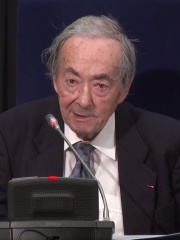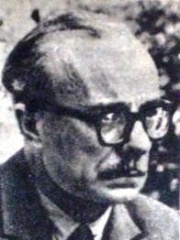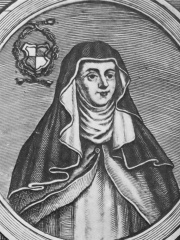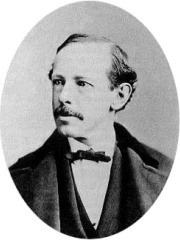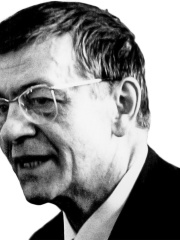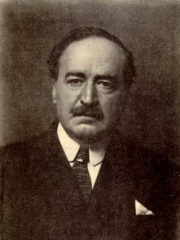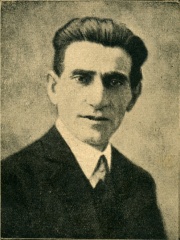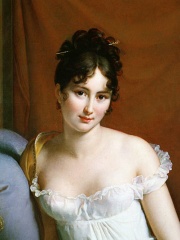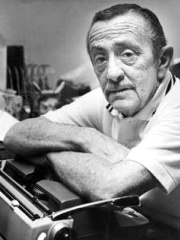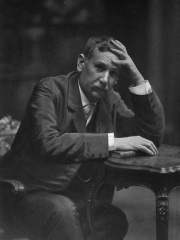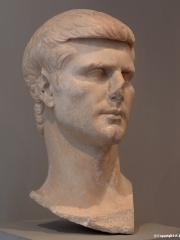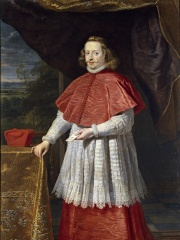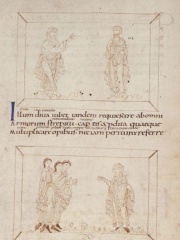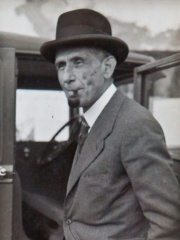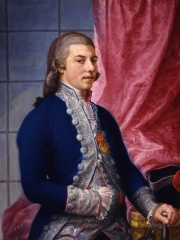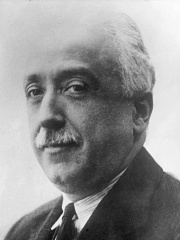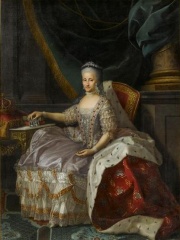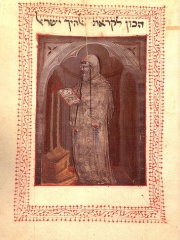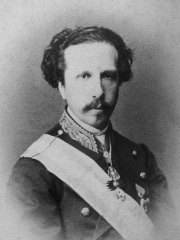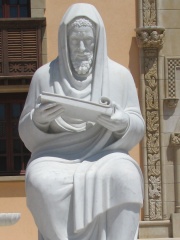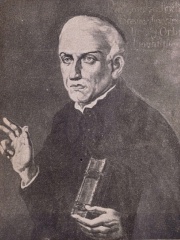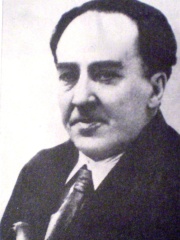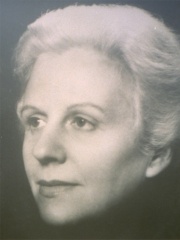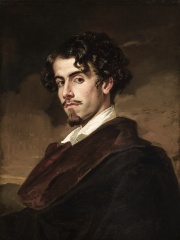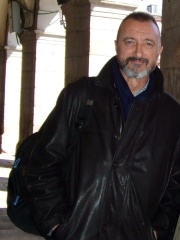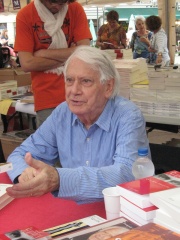Writer
Silius Italicus
26 - 101
EN.WIKIPEDIA PAGE VIEWS (PV)
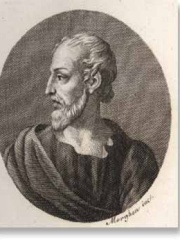
 Silius Italicus
Silius Italicus
His biography is available in 36 different languages on Wikipedia (up from 35 in 2024). Silius Italicus is the 959th most popular writer (down from 889th in 2024), the 308th most popular biography from Spain (down from 277th in 2019) and the 30th most popular Spanish Writer.
Silius Italicus is most famous for his epic poem Punica, which tells the story of the Second Punic War.
Memorability Metrics
Page views of Silius Italicus by language
Among Writers
Among writers, Silius Italicus ranks 959 out of 7,302. Before him are George Steiner, Ernesto Sabato, Hrotsvitha, Horatio Alger, Peter Weiss, and Vicente Blasco Ibáñez. After him are John Updike, Panait Istrati, Juliette Récamier, John Fante, Benito Pérez Galdós, and Gaius Asinius Pollio.
Most Popular Writers in Wikipedia
Go to all RankingsGeorge Steiner
1929 - 2020
HPI: 68.46
Rank: 953
Ernesto Sabato
1911 - 2011
HPI: 68.46
Rank: 954
Hrotsvitha
935 - 1002
HPI: 68.46
Rank: 955
Horatio Alger
1832 - 1899
HPI: 68.44
Rank: 956
Peter Weiss
1916 - 1982
HPI: 68.43
Rank: 957
Vicente Blasco Ibáñez
1867 - 1928
HPI: 68.43
Rank: 958
Silius Italicus
26 - 101
HPI: 68.43
Rank: 959
John Updike
1932 - 2009
HPI: 68.42
Rank: 960
Panait Istrati
1884 - 1935
HPI: 68.42
Rank: 961
Juliette Récamier
1777 - 1849
HPI: 68.42
Rank: 962
John Fante
1909 - 1983
HPI: 68.41
Rank: 963
Benito Pérez Galdós
1843 - 1920
HPI: 68.41
Rank: 964
Gaius Asinius Pollio
76 BC - 4
HPI: 68.41
Rank: 965
Contemporaries
Among people born in 26, Silius Italicus ranks 1. Among people deceased in 101, Silius Italicus ranks 1.
Others Born in 26
Go to all RankingsOthers Deceased in 101
Go to all RankingsIn Spain
Among people born in Spain, Silius Italicus ranks 308 out of NaN. Before him are Cardinal-Infante Ferdinand of Austria (1609), Prudentius (348), Pompeu Fabra (1868), Manuel Godoy (1767), Vicente Blasco Ibáñez (1867), and Niceto Alcalá-Zamora (1877). After him are Benito Pérez Galdós (1843), Maria Antonia Ferdinanda of Spain (1729), Pedro Cea (1900), Abraham Abulafia (1240), Francis, Duke of Cádiz (1822), and Carles Puyol (1978).
Others born in Spain
Go to all RankingsCardinal-Infante Ferdinand of Austria
POLITICIAN
1609 - 1641
HPI: 68.50
Rank: 302
Prudentius
WRITER
348 - 413
HPI: 68.49
Rank: 303
Pompeu Fabra
LINGUIST
1868 - 1948
HPI: 68.45
Rank: 304
Manuel Godoy
POLITICIAN
1767 - 1851
HPI: 68.44
Rank: 305
Vicente Blasco Ibáñez
WRITER
1867 - 1928
HPI: 68.43
Rank: 306
Niceto Alcalá-Zamora
POLITICIAN
1877 - 1949
HPI: 68.43
Rank: 307
Silius Italicus
WRITER
26 - 101
HPI: 68.43
Rank: 308
Benito Pérez Galdós
WRITER
1843 - 1920
HPI: 68.41
Rank: 309
Maria Antonia Ferdinanda of Spain
COMPANION
1729 - 1785
HPI: 68.39
Rank: 310
Pedro Cea
SOCCER PLAYER
1900 - 1970
HPI: 68.37
Rank: 311
Abraham Abulafia
WRITER
1240 - 1292
HPI: 68.36
Rank: 312
Francis, Duke of Cádiz
COMPANION
1822 - 1902
HPI: 68.32
Rank: 313
Carles Puyol
SOCCER PLAYER
1978 - Present
HPI: 68.31
Rank: 314
Among Writers In Spain
Among writers born in Spain, Silius Italicus ranks 30. Before him are Judah Halevi (1079), Joseph of Anchieta (1534), Antonio Machado (1875), Mercè Rodoreda (1908), Prudentius (348), and Vicente Blasco Ibáñez (1867). After him are Benito Pérez Galdós (1843), Abraham Abulafia (1240), Gustavo Adolfo Bécquer (1836), Carlos Ruiz Zafón (1964), Arturo Pérez-Reverte (1951), and Jorge Semprún (1923).
Judah Halevi
1079 - 1141
HPI: 70.30
Rank: 24
Joseph of Anchieta
1534 - 1597
HPI: 69.43
Rank: 25
Antonio Machado
1875 - 1939
HPI: 69.23
Rank: 26
Mercè Rodoreda
1908 - 1983
HPI: 68.70
Rank: 27
Prudentius
348 - 413
HPI: 68.49
Rank: 28
Vicente Blasco Ibáñez
1867 - 1928
HPI: 68.43
Rank: 29
Silius Italicus
26 - 101
HPI: 68.43
Rank: 30
Benito Pérez Galdós
1843 - 1920
HPI: 68.41
Rank: 31
Abraham Abulafia
1240 - 1292
HPI: 68.36
Rank: 32
Gustavo Adolfo Bécquer
1836 - 1870
HPI: 67.90
Rank: 33
Carlos Ruiz Zafón
1964 - 2020
HPI: 67.57
Rank: 34
Arturo Pérez-Reverte
1951 - Present
HPI: 67.41
Rank: 35
Jorge Semprún
1923 - 2011
HPI: 67.37
Rank: 36
